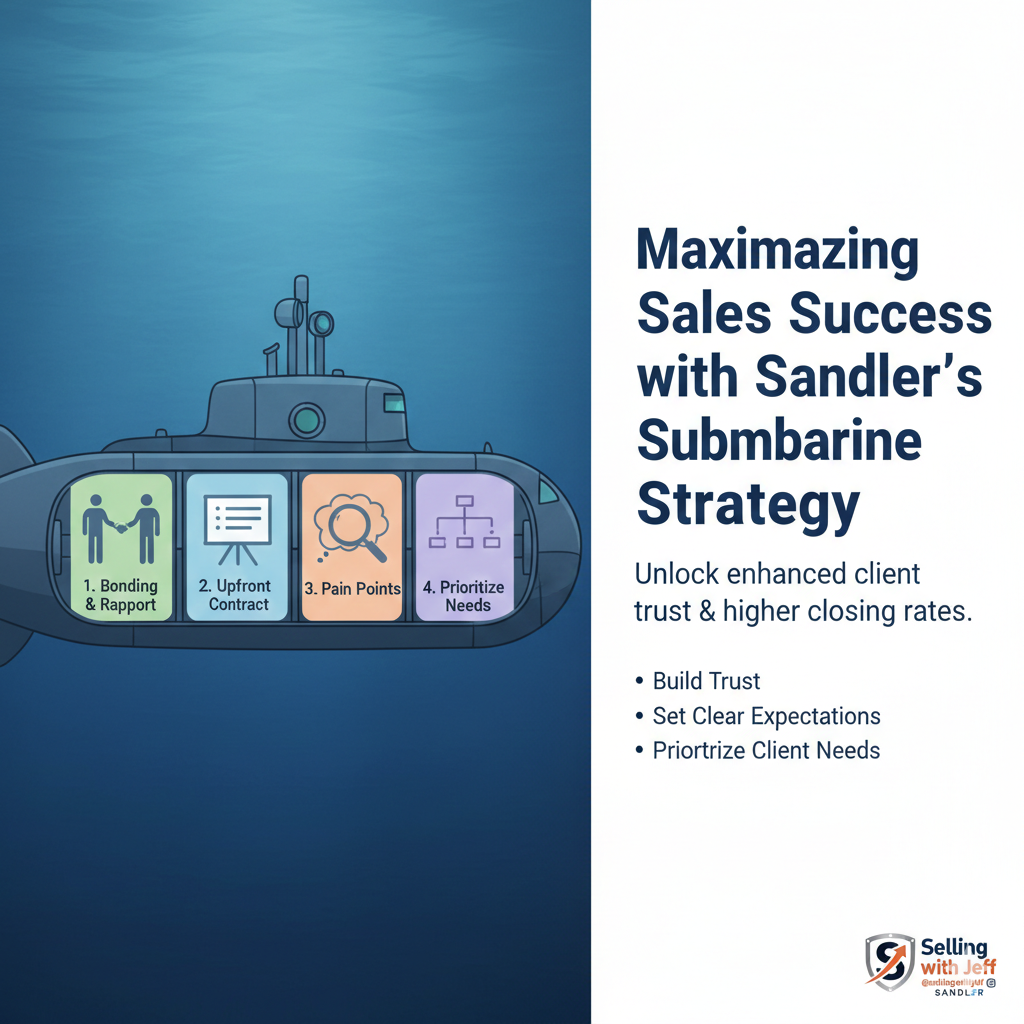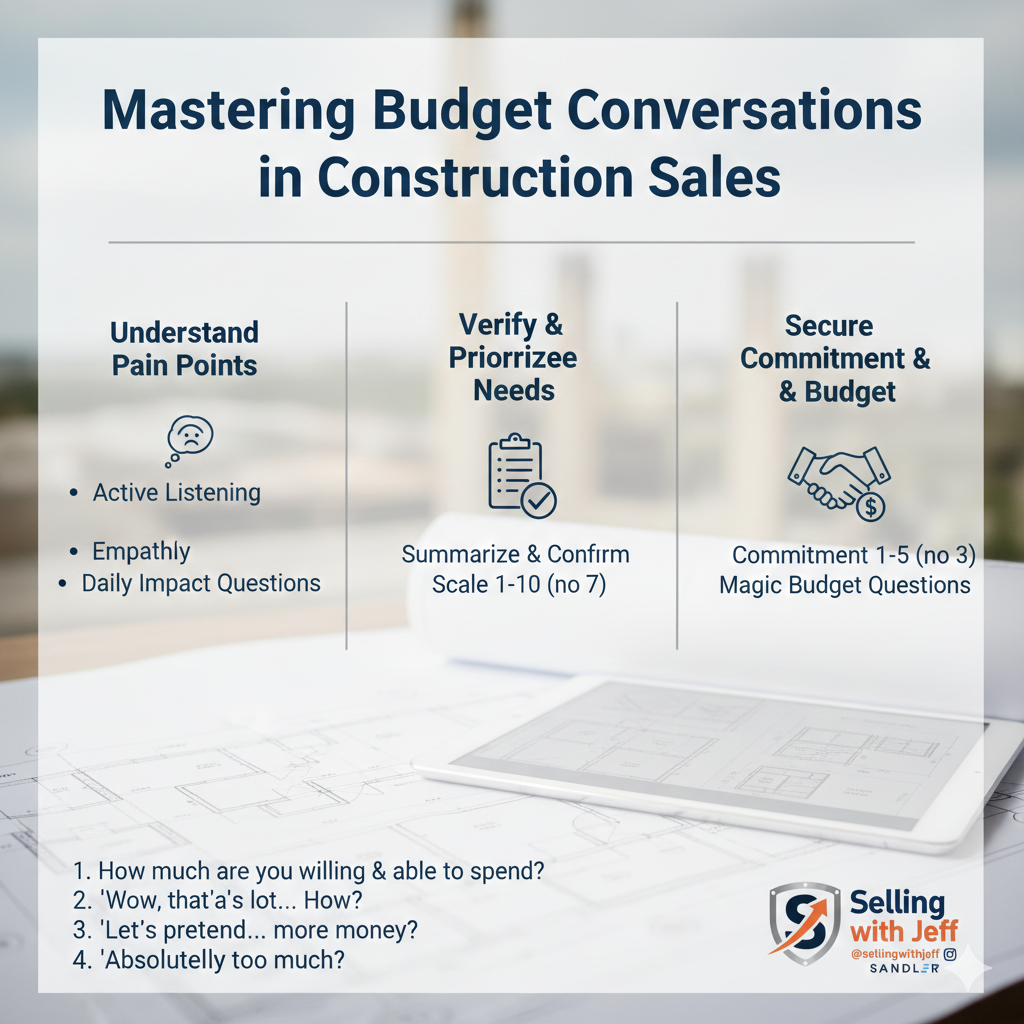Mastering Client Conversations: SVIC and Pain Funnel Techniques
Understanding the SVIC Method: A Comprehensive Guide
The SVIC method—Summarize, Verify, Importance, and Commitment—is a powerful tool for sales professionals looking to enhance their client conversations. This structured approach ensures that you fully understand your client's needs and that they are equally clear about the solutions you offer.





.png)